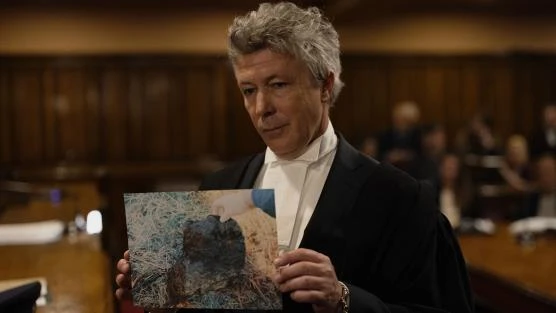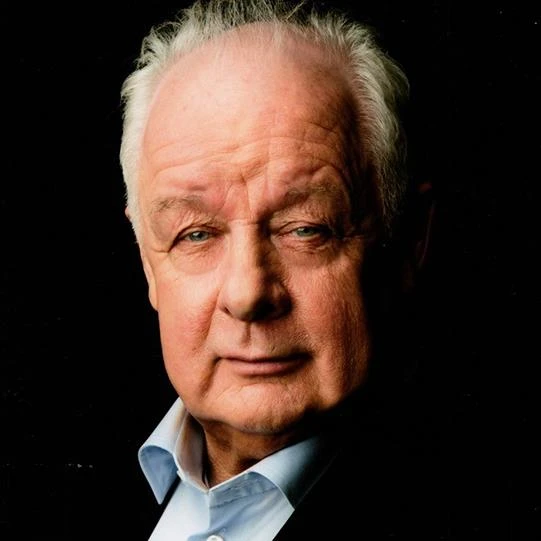Gala Screening
In a fictitious jury room, twelve strangers weigh the 1996 West Cork murder of a French filmmaker, testing evidence against instinct and rumour against recollection. One juror resists the rush to a verdict, insisting on questions over certainty. As stories collide, bias, trauma and emotion surface, exposing how a convenient suspect can absorb a community’s fear. A taut blend of reality and reimagining, this is a study of listening, doubt and the fragile labour of justice.
In a fictitious jury room, twelve strangers weigh the 1996 West Cork murder of a French filmmaker, testing evidence against instinct and rumour against recollection. One juror resists the rush to a verdict, insisting on questions over certainty. As stories collide, bias, trauma and emotion surface, exposing how a convenient suspect can absorb a community’s fear. A taut blend of reality and reimagining, this is a study of listening, doubt and the fragile labour of justice.
▶ Watch Trailer
A killing in West Cork, a suspect scrutinised for decades, and a trial Ireland never saw. This fiction–reality hybrid reimagines that absence by convening a jury and asking them, and us, to deliberate. Evidence is rehearsed, narratives collide, and certainty proves elusive. The room becomes a pressure chamber where personality meets principle; some jurors seek swift closure, others hesitate. Out of their argument emerges the film’s central concern: how truth is filtered through experience, unconscious bias and emotion. Rather than proclaiming answers, the drama chooses engagement. A lone voice keeps returning to the facts, challenging groupthink without claiming to know “what really happened”.
The film explores justice as practice, not spectacle, to show how easily we transfer fear or unresolved guilt onto a suspect who fits our story. Echoes of ‘12 Angry Men’ are present, but the context is distinctly Irish, shaped by media glare and a community’s long memory. The result is an invitation for audiences to consider how quickly anger or fear can settle on a convenient narrative, and how hard it is to unlearn what we want to believe. The gripping film reminds us that truth is rarely simple. By the time the jury reaches a decision, the drama has stepped beyond verdict to ask what we demand from justice, and what it demands from us.
A killing in West Cork, a suspect scrutinised for decades, and a trial Ireland never saw. This fiction–reality hybrid reimagines that absence by convening a jury and asking them, and us, to deliberate. Evidence is rehearsed, narratives collide, and certainty proves elusive. The room becomes a pressure chamber where personality meets principle; some jurors seek swift closure, others hesitate. Out of their argument emerges the film’s central concern: how truth is filtered through experience, unconscious bias and emotion. Rather than proclaiming answers, the drama chooses engagement. A lone voice keeps returning to the facts, challenging groupthink without claiming to know “what really happened”.
The film explores justice as practice, not spectacle, to show how easily we transfer fear or unresolved guilt onto a suspect who fits our story. Echoes of ‘12 Angry Men’ are present, but the context is distinctly Irish, shaped by media glare and a community’s long memory. The result is an invitation for audiences to consider how quickly anger or fear can settle on a convenient narrative, and how hard it is to unlearn what we want to believe. The gripping film reminds us that truth is rarely simple. By the time the jury reaches a decision, the drama has stepped beyond verdict to ask what we demand from justice, and what it demands from us.


